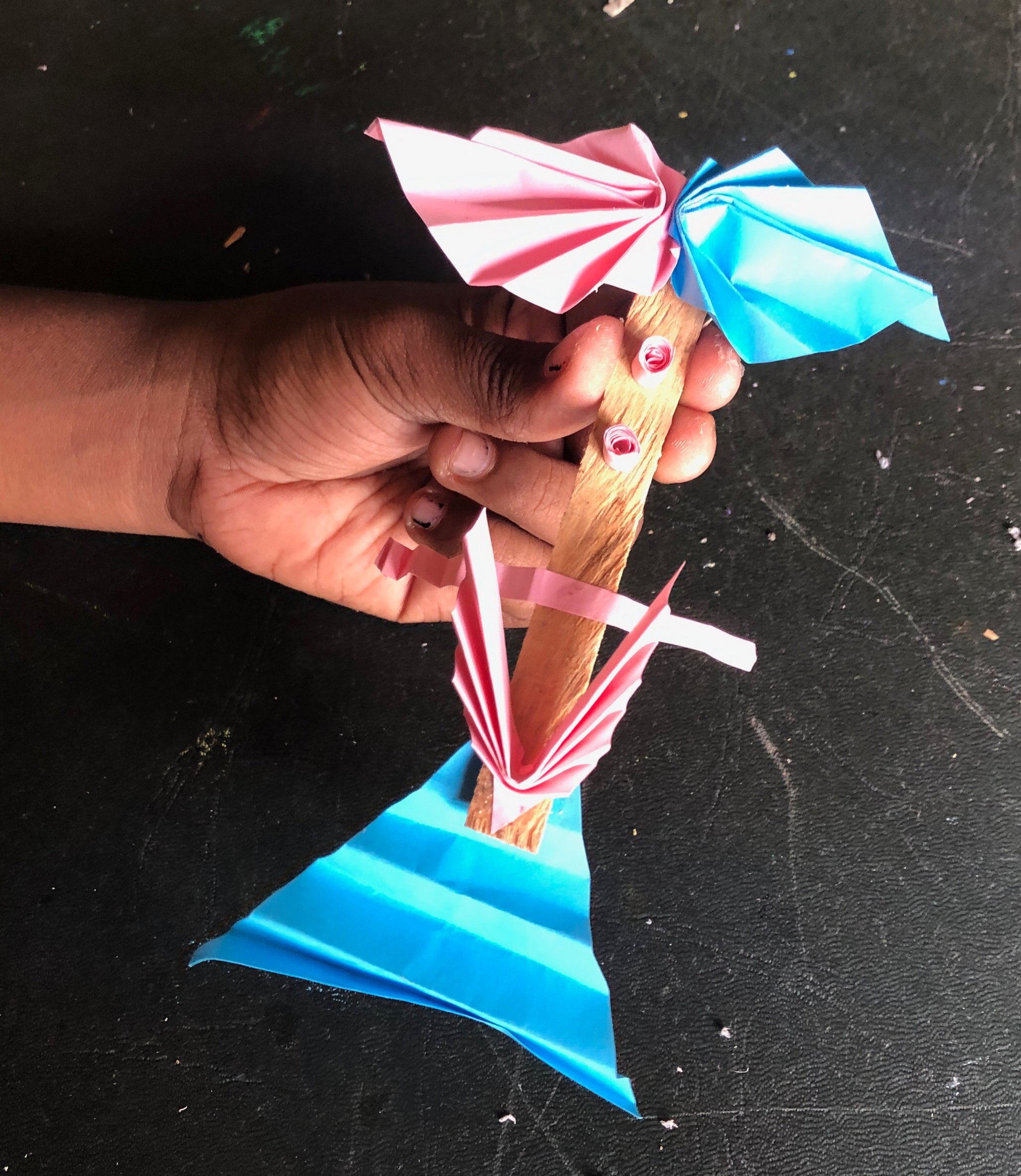20: Attempting to Fly
Flying seeds, illustrated by Irushi Tennekoon
September 29, 2019
Back at the Children’s center
Build something that flies!
Here we have zoomed to the sixth workshop in 9 days. Phew. Things are certainly starting to get overwhelming, but I promised the students this, so I push on.
A word on Inspiration: A professor at my graduate school, Christoph Kumpusch, started our first year studio by addressing four conditions related to the ground: under, over, in and on. He gave us seemingly simple exercises that were ultimately made extremely complex by ourselves (his students) and we spent many a sleepless night trying to figure it out. Here’s a simplified explanation of one such exercise:
‘Make something that sinks underwater for one minute and rises up, or something that can swim a minimum of 10 feet’
‘Make something that takes 1 minute to fall, or make something flies in the air for 1 Minute’
Some moments from the graduate school flying exercise. Looks fun, but it’s a lot of hard work!
Photo credit: @kbrandtknapparchstudios
Photo credit: @kbrandtknapparchstudios
Dropping flying machines off of a high ground.
Photo credit: @c_kumpusch
See things fly? (or fall)
Photo credit: @gsappcore1
I often wondered if I had attempted this earlier (as a child), with little or no time pressure, whether the result would be the same. I thought this would be a great project to experiment on with the students because it can be modified and simplified to match the students ability.
Warm up: Flying Paper Planes
The day started off well, beginning with an exercise where we built various paper airplanes with printed out origami instructions. This took much longer than I’d planned for, but once the students figured it out, they excitedly ran outside to see if it really did fly.
(Video Courtesy of: Inner Child Fun)
Build ‘Something’ that flies
I had hoped that this initial success would spur more independent action, but it was clear to me that I should have narrowed the scope to the project to something more specific. ‘Something that flies’ was too broad for the younger students to grapple their heads around, and most needed something to relate to, an image, video or example. The paper planes wasn’t enough. Some built plastic bag parachutes, according to a Pinterest image I had shown them. I think the age range of these kids also played a part. We often deal with a range of ages in our classroom - so ages 7-9 struggled a little with technicalities. Not the most successful lesson!
The dragon-fly inspired craft
In a small victory, one student decided to make a dragonfly - a design motivated by a flying creature she knew very well from her surroundings. I was so relieved to see this, and had a moment of momentary pride for this child’s spirit in tackling this challenge with such little guidance.
Lessons learned (by the teacher)
I think the next time I would attempt this lesson, I’d focus it on one aspect of flight: for example airborne seeds in nature. Perhaps I would give the students seeds of various types of seeds (chickpeas, madhatiya) give them a week to think about the exercise, spend time observing and ‘researching’ and enact their plan to make the seed ‘fly’ the following week. Fingers crossed!







